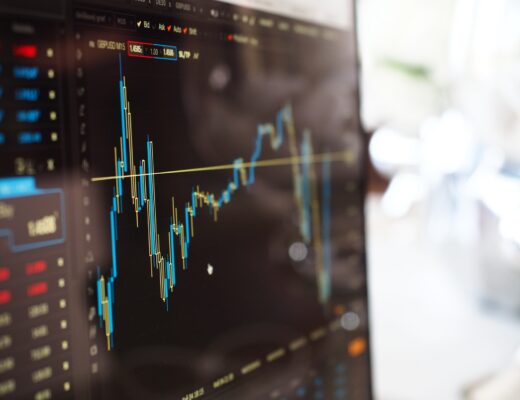Analysis of liquidity and financial stability: characteristics of key indicators
Liquidity and financial stability analysis is considered routine using multiple ratios, which do not always reflect the actual state of affairs. However, this tool, if used correctly, will be useful in many cases.
Liquidity is the ability to fully meet obligations as they fall due. Net working capital (NWC) and current liquidity ratio are considered indicators of performance. NWC shows the difference between current assets and liabilities issued for a short term. This value allows the company to be financially stable, and also provides the necessary information for investors and creditors. If the PM is positive, then the company has all chances to develop and is solvent. A negative PSC indicates that the company has little chance to fulfill all its obligations.
The net working capital is influenced by the sphere of activity, peculiarities of sales, size of the enterprise and other factors. In order to calculate the minimum indicator for a company, it is necessary to analyze whether it will be able to repay its own funds assets with the least liquidity, which include stocks of raw materials and unfinished production processes. For example, for food processing companies, raw materials are flour, eggs, emulsifiers, sugar, etc., which are the least liquid. They are not illiquid assets, and therefore do not need their own funds. In companies where the production cycle is extended for a long period of time, as in the case of the automotive industry, it is the unfinished production that will take over the majority of current assets. This situation is considered to be 100% illiquid, so the company should channel its own funds here or use long-term obligations.

In some cases, the best option is to calculate liquidity, taking into account the composition of the asset, market characteristics and other nuances that directly affect the value of funds, both current and noncurrent. It should also be taken into account that in the process of company expansion the balance sheet structure may change, which will be reflected in actual and sufficient working capital indicators.
If the net working capital is significantly higher than the optimal level of demand for it, the resources of the company are used inefficiently. An example of such situation is additional issue of shares, lending when there is no real need for it.
However, the opposite picture is most often observed – low or negative NWC. The reasons for this can be the company’s losses, high costs that do not cover the existing financial capacity, and increasing accounts receivable.
Therefore, it is crucial to correctly use liquidity and financial stability analysis. It is used not only for dry calculation of coefficients, but also to see the real picture of the company’s situation. The results of the analysis make it possible to make a comprehensive forecast and plan activities with this in mind.










